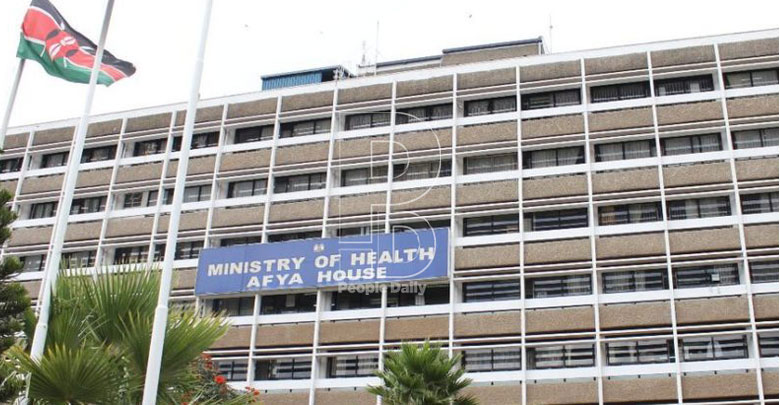Stop exploitation of patients by private hospitals

There has been an uproar over the tactics used by the Nairobi Women’s Hospital to extract money from patients, through unnecessary admissions and diagnostic tests.
Information that first started circulating on social media through a whistleblower detailed communication from the top management of the hospital, who were, apparently, putting pressure on their staff to ensure patient admissions and diagnostic tests hit certain targets.
The upshot of the conversations was that the staff had to ensure patients were billed to hit certain revenue targets, whether or not the money they were charged was necessary for their treatment.
Since this saga emerged, turmoil has hit the hospital. The chief executive officer has stepped aside and key medical insurers and clients have started heading for the exit. The hospital’s very existence is now endangered.
The Nairobi Women’s Hospital saga raises a fundamental issue- what is the business model on which private hospitals operate?
First, private hospitals are businesses and expect to make a profit. Indeed, setting up a hospital with a comprehensive range of diagnostic and treatment facilities is expensive.
The mindset of investors is to make as huge a killing as possible in the shortest time possible. In the field of medicine, this has been a disaster.
Patients have been complaining for years about being subjected to unnecessary tests and drug prescriptions.
Patients have long complained about excessive and arbitrary charges for doctors” services, from diagnosis, treatment, to surgery.
It is highly unlikely that Nairobi Women’s Hospital is the only private hospital that has been using nefarious tricks to exploit patients.
The more probable scenario is that this is an industrywide practice, and one accepted as “normal” by the sector.
But however much one might want to blame private hospitals for their greed, the real problem here is how the government has allowed the private medical sector to operate.
Private hospitals have been given a free rein to determine how they run their facilities, how much they can charge and the basis for that costing.
Hospitals are not hotels, but a critical part of the wellbeing of the country’s citizens. As such, private hospitals must be run on a completely different business model.
The regulatory environment needs to govern the entire scope of services offered by the private medical sector.
The regulatory environment must govern what private hospitals charge for services.
Charges in hospitals are arbitrary and out of control, be it is consultation costs for seeing a doctor, cost of surgeries, reviews by specialists, bed charges and drugs in in-house pharmacies.
The new regulatory environment must introduce vetting of hospital sponsors.
The Central Bank of Kenya is already doing this in the banking sector to determine the suitability of the individuals it allows to own and run banks.
Hospitals are as critical as banks, and the same vetting needs to be imposed on those who want to invest in the medical sector.
Keep investors with a manamba-like attitude out of the medical sector, where patience and compassion must temper the drive for profit.
Unethical practices set up your business for failure, and the trigger is always lurking in the shadows.
Any gains from such practices is transient. When caught, the pain you undergo will make nonsense of all the profits made through devious means, and set your business back years, maybe never to recover.
The Nairobi Women’s Hospital debacle offers the government the perfect opportunity to undertake a long overdue review of how private hospitals are run.
Undertake public hearings on what has gone wrong, and hear from the long suffering public, then roll out a new regulatory regime to govern private medical practice. The horror stories out there are truly heartrending.
Of course, the private hospitals will not roll over and conform, they will fight tooth and nail.
But as John Michuki demonstrated when he was the Transport minister — after a hard-won battle to reform the public commuter transport sector — a sector that is people-friendly, well regulated, is a win-win situation for all.
One of the first items in the in-tray of incoming Health Cabinet Secretary Mutahi Kagwe, maybe? —[email protected]












